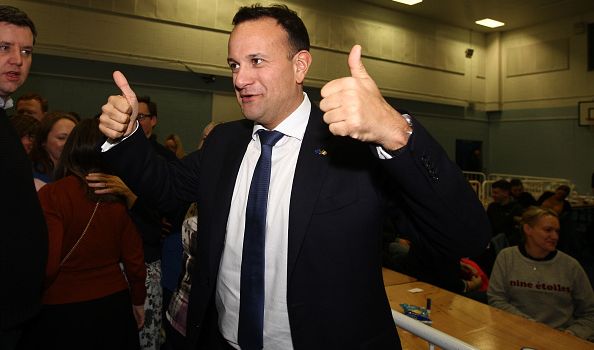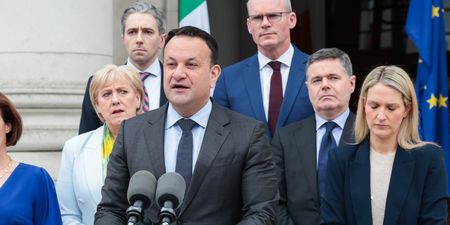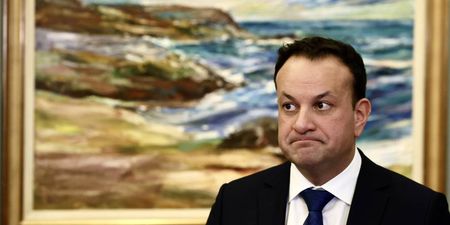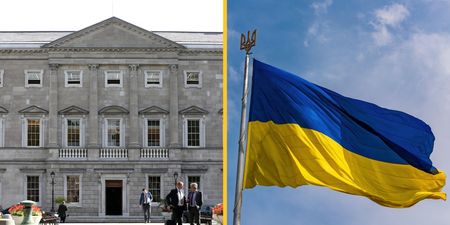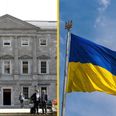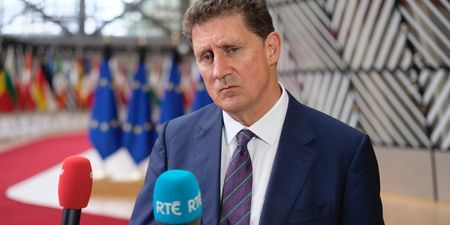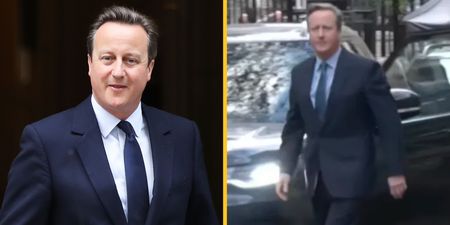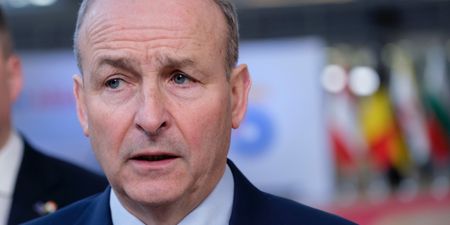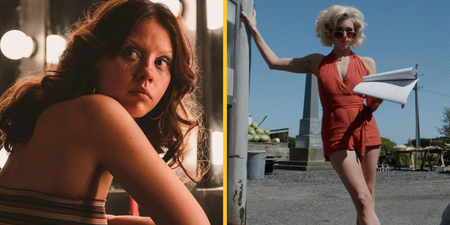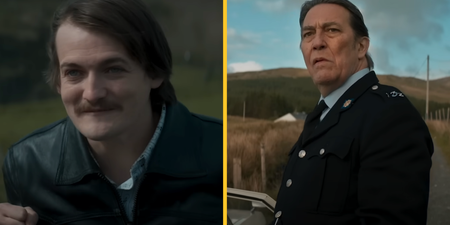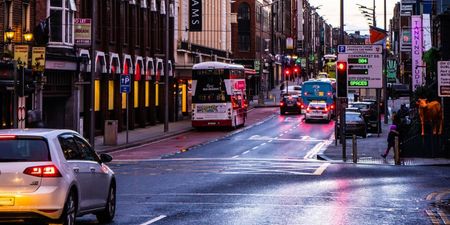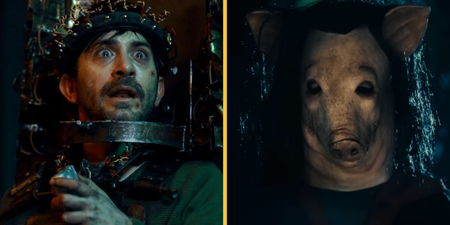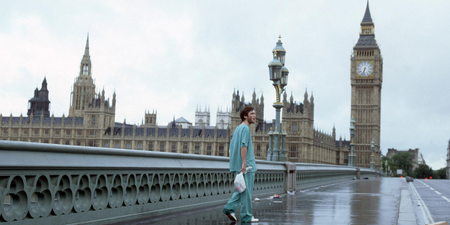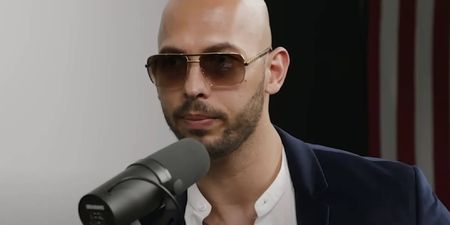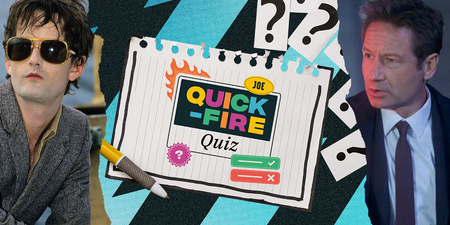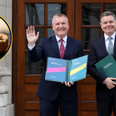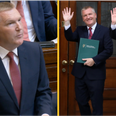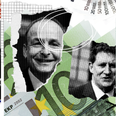“You were already poor” is not an argument against making somebody better off in times of hardship.
Leo Varadkar has stirred controversy once more by describing the Covid-19 emergency welfare payment as “not fair.”
Speaking on Newstalk this morning, Varadkar described the payment as “unsustainable,” and said it was “not fair” that someone who previously had only been working one a day a week was now taking in €350 through the scheme. While he defended the payment as “70% of the average wage of the sectors worst affected” and painted it in comparison to lower welfare payments in the UK, he also said it would need to be changed, and that those being offered less money for their old job back would no longer be eligible for it.
His comments follow a report published by the Department of Business this week found there were “significant disincentive effects associated with the pandemic unemployment payment with 38% of recipients previously earning less than €300 per week.”
But it’s a matter of fact that a social welfare payment of €350 can only disincentivise work if the work is poorly paid to begin with. One might go as far as to say that there are significant disincentive effects associated with bad wages.
So we have to ask: the Covid-19 payment is “not fair” on whom exactly?
Taking Leo’s example: someone working one day a week would, in normal times, be entitled to a standard welfare payment of €162 if you’re single, or €299 if you’re a couple with a child under 12. Varadkar’s party has set this rate for the last nine years, so let’s assume he thinks that’s “fair.”
Now, that person has lost their one day a week, and faces a hiring landscape where are almost no jobs available – as evidenced by the apparently-more-worthy 62% (roughly 400,000 people) who have also lost their jobs.
The lack of fairness in this state of affairs isn’t that the emergency social welfare payments are comparatively too high, it’s that real wages are too low. It comes from people being paid less than minimum wage to live in some of the most expensive cities on earth. It comes from the minimum wage being well short of the living wage. It comes from zero-hour contracts, precarious work and one-shift-a-week jobs being touted by Fine Gael as almost full employment at election time only three months ago!
Three months later, we see a Taoiseach who readily admits that hundreds of thousands of those people were earning less than €300-a-week. What kind of full employment is that? As a drunken Bernard Black would say, “the pay’s not great but the work is hard.”
Leo Varadkar knows about all of these things, but his worldview prevents him from seeing why it matters.
Targeting low-earners has long been a core tenet of his strategy, his Leo-logic if you will. Leo-logic is the kind of thinking that has you spearhead a whole campaign about welfare cheating which only recoups €300,000.
Leo-logic is threatening to ban strikes in essential services such as nursing and public transport driving, as if our dependence on such sectors are exactly why we should be hearing their concerns.
As much as he can, Varadkar has tried to get away with painting poorer people as the problem, while those who actually shape society are allowed to get off without a mention.
You will not see Leo crashing through the wall like this on insurance companies that refuse to pay out on their policies while bars go out of business. You will not hear Leo Varadkar talk about the businesses who have laid off staff while their upper management retain their primo salaries and benefits. We know very well that we won’t hear Leo challenge the banks or the tech companies on how much tax they pay, or budge even 0.01% on our havenly corporation tax rate. We can only dream of Leo apologising for the hundreds of millions (if not billions) in unplanned spending on the National Children’s Hospital.
Leo Varadkar believes that an economy is working well when the rich have enough money to pour down the drain, as long as poverty and homelessness are roughly in line with the EU average. No hurricane, no plague, no literal pandemic is going to change his mind on what matters and what doesn’t.
His worldview is inappropriate for his position.
A Taoiseach is supposed to be the guardian of a people, rather than the protector of business interests and profit. A society is supposed to be an economy that functions in service of a community, not the other way around.
The reason we pay our taxes is so that when hard times hit us, as they are hitting so many, there is somewhere to land softly. With 600,000 or more people unemployed and many others facing uncertain futures, we should have a government who champions that idea proudly.
If nothing else, it’s only fair.
LISTEN: You Must Be Jokin’ with Conor Sketches | Tiger Woods loves Ger Loughnane and cosplaying as Charles LeClerc
